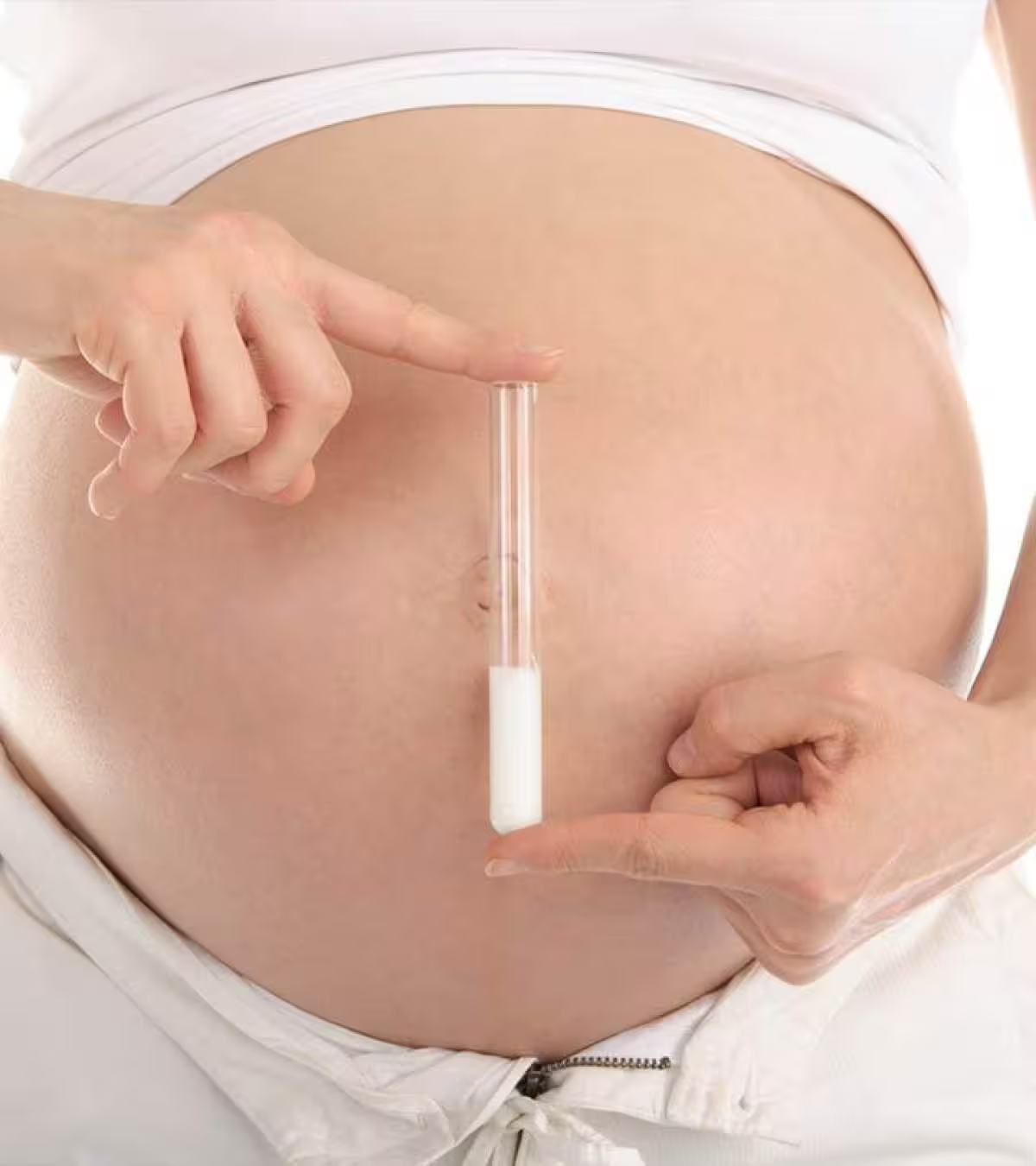
As Madeleine Thomson, head of climate impacts and adaptation at Wellcome, a global charitable foundation supporting health research, said in response to the study: “Extreme heat kills but it also causes serious health harms.” These ills won’t just affect our elderly — but also the very youngest members of society and everyone else.
Research is increasingly highlighting the effects of excess warmth on pregnant women, for example. Growing a new human being is hard work, and the female body undergoes several physiological shifts to accommodate that, including a 40% increase in the amount of blood pumped through the body. These changes put pregnant women at greater risk of heat exhaustion and heat stroke.
Not only are those with child more vulnerable in the heat, but exposure to high ambient temperatures has been linked to poor health outcomes for both mother and baby, such as increased incidences of miscarriages, stillbirths, preterm births, congenital defects, gestational diabetes, gestational hypertension and preeclampsia.
A study in India found that the risk of miscarriage doubled for those women who were exposed to extreme heat through their work. Women in developing countries are particularly vulnerable as they’re more likely to be performing manual labor outside and have less access to cooling than those in more developed nations. But the implications affect everyone. Studies in high-income countries have shown about a 15% rise in the risk of premature birth and stillbirth during heatwaves. As Jane Hirst, an academic obstetrician at the George Institute for Global Health who contributed to the India study, told the BBC: “adverse effects [on pregnancies] can be seen at much lower temperatures in more temperate climates, such as the UK.”
There may also be long-term effects on babies. A 2024 systematic review of the limited existing research into the health and socioeconomic consequences in later life found that increased heat exposure during pregnancy could be linked to worse educational performances and an increased risk of heart disease and childhood asthma. The researchers, based at the University of the Witwatersrand in South Africa, also saw connections to diminished mental health, including a greater risk of eating disorders and schizophrenia.
We’re also starting to understand better how periods of high temperatures have been adversely affecting mental health in general. As my fellow columnist Lisa Jarvis has written, heat not only makes us all feel frazzled and irritable but exacerbates “common mood disorders like anxiety and depression as well as rarer conditions like schizophrenia and self-harming.”
It’s likely that we’ll find more heat-health connections as global warming tightens its grip. A mysterious epidemic of kidney failure in Sri Lanka is likely attributable to extreme heat exposure, dehydration and pesticide-contaminated groundwater. As many as one in five residents in some hotspots there are affected by acute kidney damage or failure, with the condition often arising or progressing rapidly. A similar epidemic was noted among migrant laborers returning from the Gulf. Young men left home healthy and returned with kidney failure after being exposed to brutal heat at work. Researchers have started documenting kidney disease in manual workers in other hot countries, too.
The health impacts of extreme heat are already with us and stretch far beyond tragic, preventable deaths. Yet huge knowledge gaps exist to understand everything from the biological mechanisms underlying heat-related harms to effective solutions.
Many scientists have cited difficulties in getting funding for such research, due to its interdisciplinary nature, while the Rockefeller Foundation, a philanthropic medical research and arts funding organization, notes that only 2% of adaptation funding and 0.5% of overall climate funding is dedicated to improving health outcomes. That needs to change. After all, our health is our wealth, and climate change is already draining it.
link





:max_bytes(150000):strip_icc()/GettyImages-1080644360-67cdec60cd404c6fa6c97db600867e2d.jpg)
